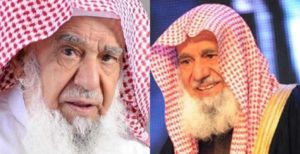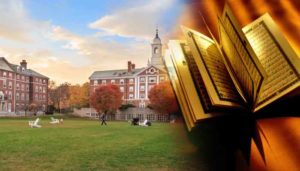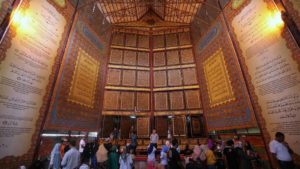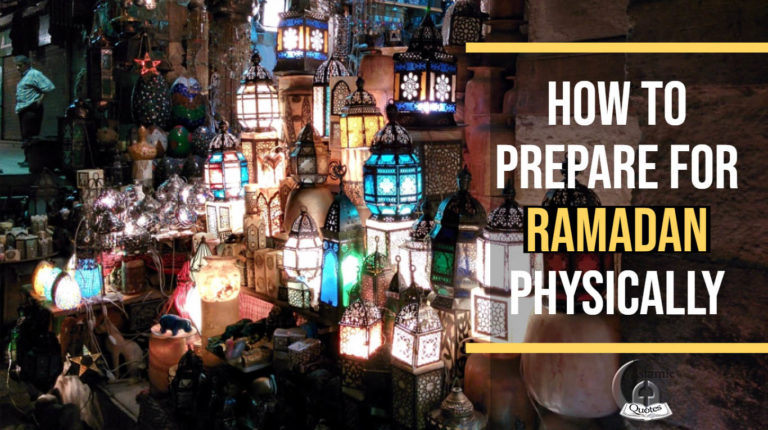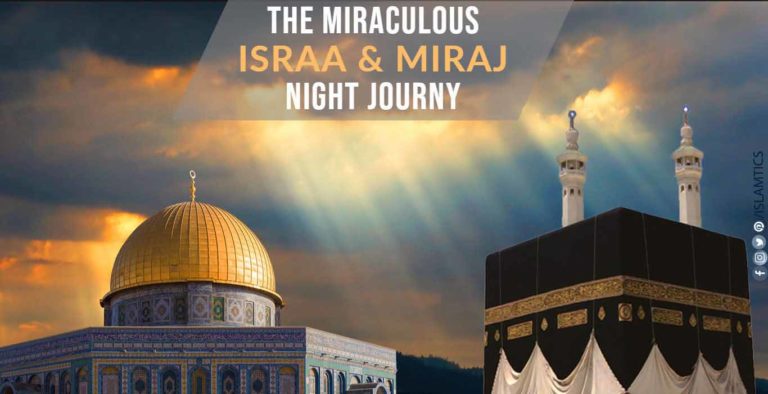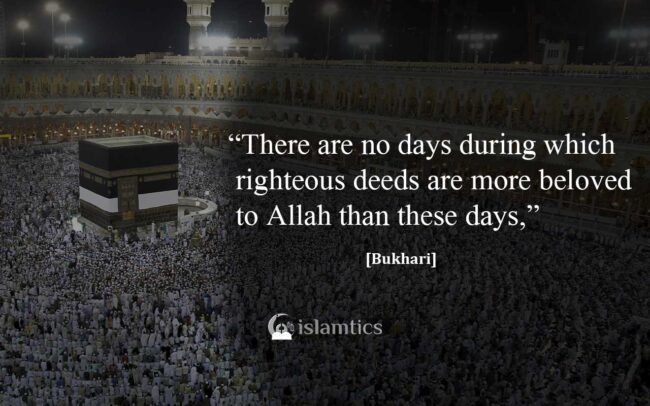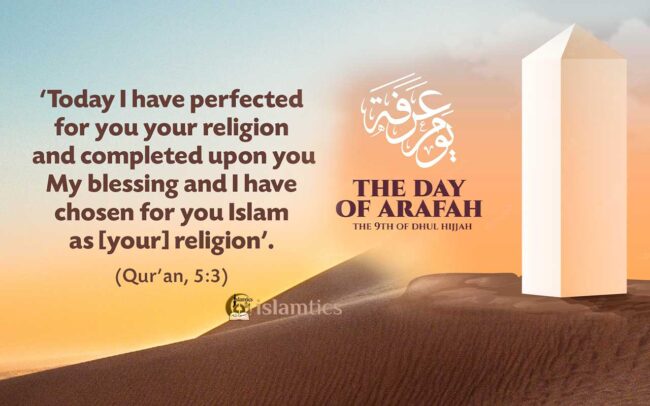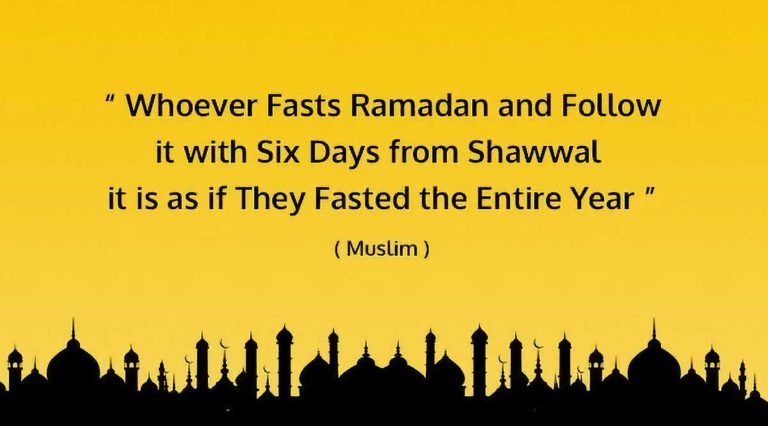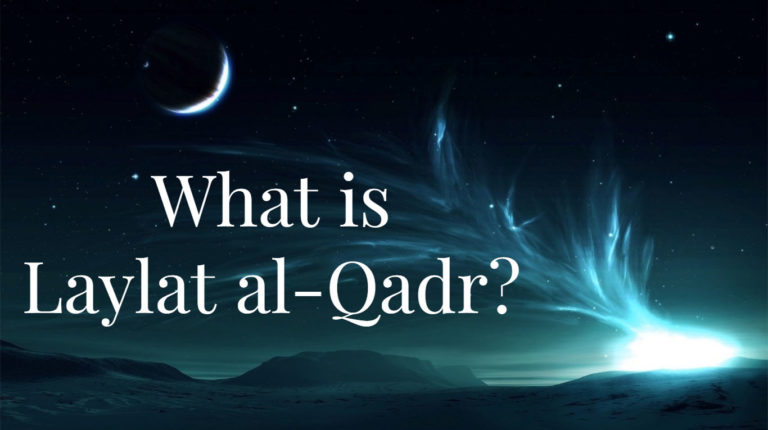An American Pastor Converted to Islamic Preacher after receiving friendly treatment while visiting the Kingdom of Saudi Arabia.
Samuel Earle Shropshire first traveled to Jeddah in 2012 to work as an editor for a new translation of the Holy Quran.
At first he was ware and full of hesitation due to the negative portrait of the Muslims by the media in United States but later he realized that the reality was completely different from what he had seen in the media.
Shropshire made the comment during an interview with semi – official Saudi news website Sabq.
Shropshire, who now lives in Saudi Arabia, said living among the kingdom’s “good people” and witnessing their hospitality and “good morals” majorly contributed to his decision to become Muslim.
The kindness, hospitality, and amity he experienced, alongside his work on the Quran, encouraged him to learn more about the religion and further convinced him to embrace Islam.
While working on the translation of the Quran, Shropshire “had so many questions” and sought to find their answers, he said in the video. He was impressed by how the Islamic holy book holds Jesus Christ and Virgin Mary at a high regard. He added that while living in Jeddah, he was moved by the calls to prayer and the sight of worshipers at a nearby mosque.
“My heart longed to be in that mosque. I felt compelled by God to go there,” he said. Months later, he mustered the courage to visit the mosque, where he “felt God’s presence,” and gradually started learning more about the religion.
He converted to Islam soon after and has been a devoted Muslim preacher ever since.
According to IslamiCity, the 70-year-old Muslim preacher holds a Doctor of Theology degree and has dedicated his life to nonprofit causes. He has worked in the fields of human rights and peacemaking, including lobbying the American, Canadian and British governments, as well as the United Nations.
He is also the founder of nonprofit organization Muslim Voice for Peace & Reconciliation, which brings Muslims together to promote world peace, human rights, justice, and religious reconciliation.



